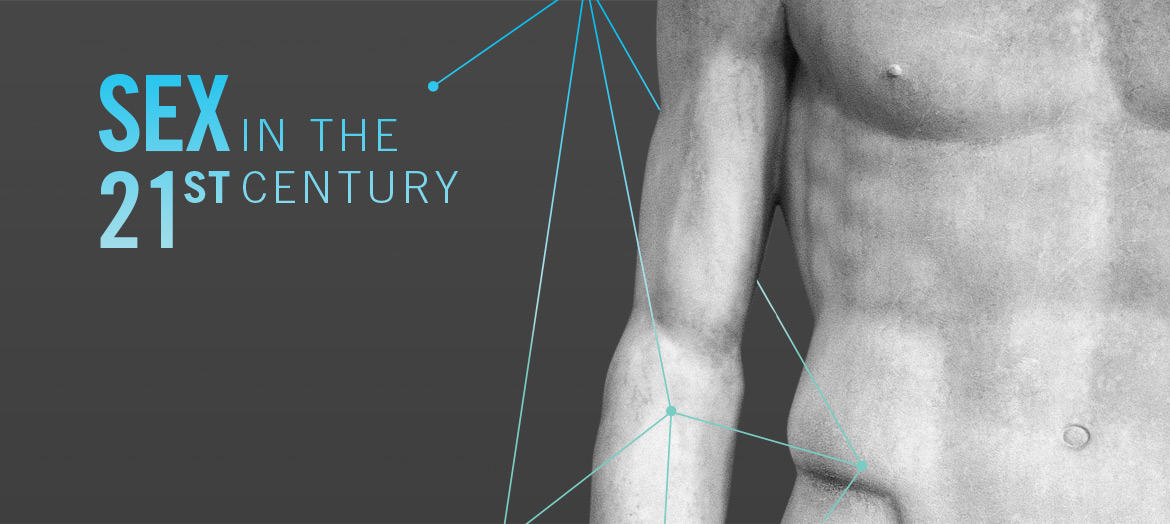Urinary incontinence
Content written by John P. Mulhall, MD
Incontinence refers to the involuntary loss of urine. In men, incontinence is of two types. Stress incontinence is the leak of your when there is a rise in intra-abdominal pressure, such as that which occurs with coughing or sneezing. Stress incontinence is the result of weakness of the external sphincter, the muscle, which controls urine flow. The most common cause of stress incontinence in men is radical prostatectomy, the operation performed for men with prostate cancer. The second form of incontinence is known as urge incontinence (also known as overactive bladder). This results from an overly twitchy bladder. There are many causes of this and this classically occurs out of the blue without warning and is not related to an increase in intra-abdominal pressure. The management of stress incontinence is generally surgical and the treatment of urge incontinence is usually medical, using medications for the over active bladder.
Leakage of urine is a distressing problem. It interferes with a man’s socialization and can lead to low self-esteem and self-confidence. These factors combined with embarrassment or shame may lead a man to become sexually avoidant and may lead him away from thinking about sexual activity, at least with a partner. Furthermore the anxiety and stress associated with this can lead to elevated levels of adrenaline and this chemical limits the blood flow into the penis and opens the valve mechanism in the penis leading to difficulty obtaining and maintaining erection.
